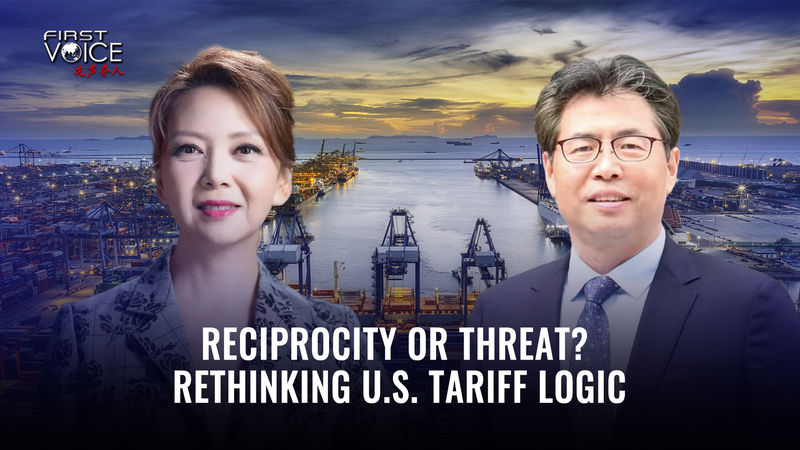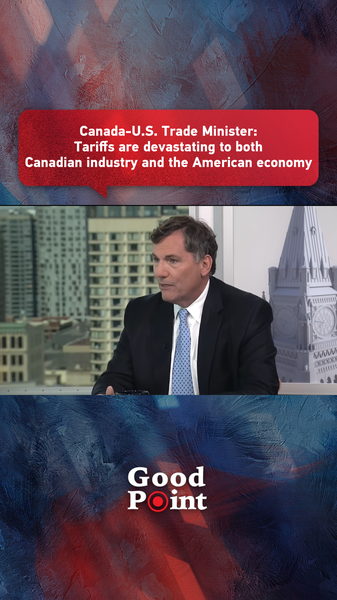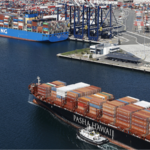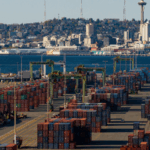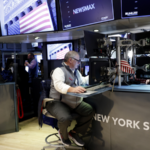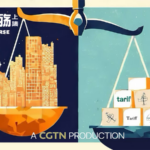New U.S. tariffs targeting dozens of trading partners took effect this week, with rates ranging from 10% to 41%, reigniting debates about fair trade practices. During a recent interview with CGTN, Yuqing Xing, an economics professor at Tokyo's National Graduate Institute for Policy Studies, delivered a sharp critique of Washington's approach, calling the measures economically unsound.
"The so-called 'reciprocal tariffs' lack foundational economic logic," Xing argued, emphasizing that the U.S. appears to leverage its geopolitical influence to suppress retaliation from affected nations. "This isn't reciprocity—it's chaos." His remarks highlight growing concerns among analysts about escalating trade tensions and their ripple effects on global supply chains.
The tariffs arrive amid heightened scrutiny of U.S. trade policy's impact on Asian economies, particularly for business leaders and investors monitoring cross-Pacific relations. Experts warn that prolonged disputes could destabilize markets already grappling with inflation and post-pandemic recovery challenges.
For academics and policymakers, Xing's analysis raises critical questions about power dynamics in international trade frameworks. Meanwhile, Asian diaspora communities and export-driven industries await potential repercussions for regional employment and manufacturing sectors.
Reference(s):
cgtn.com
